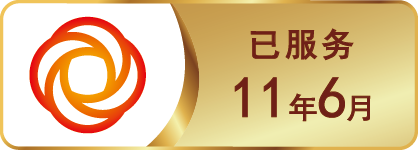As the May Day holidays come to an end, the reagent testing industry, which plays a key role in epidemic prevention and control, witnessed unprecedented demand, with some first-tier cities such as Beijing sampled more than 20 million people for nucleic acid testing in a single day.
Industry insiders said that the mass screening serves as a reflection of the maturity of the domestic testing production and supply, as well as the indication of the government's support policies and coordination capabilities, which are unparalleled to many parts of the world including the U.S.
On Wednesday, the last day of the May Day holidays, Beijing set up 43,000 sampling personnel and 130,000 auxiliary personnel, with 20.55 million people being tested, as the country ramps up efforts to ensure epidemic control.
South China's Guangzhou also led the trend with up to 19.31 million tests in a single day on Wednesday, backed up by 7,832 testing spots and over 50,000 medical personnel.
Driven by demand, domestic testing kit manufacturing company Sansure Biotech in Changsha, Central China's Hunan Province told the Global Times on Friday that their daily output of nucleic acid reagents has now reached 10 million doses, which is a huge increase from 3 million in August last year.
The company exports test kits to up to 160 countries and regions including the U.S. and some European countries.
To meet the current needs of reagents at home and abroad, the company is adjusting the production of both nucleic acid reagents or antigen reagents based on market need.
"We can quickly expand production according to demand at any time to ensure anti-epidemic needs," according to the company.The mass production and test in such a short time shows China's testing industry has been growing, capable of responding to the huge market demand, Bai Yu, president of the Medical Appliances Branch of the China Medical Pharmaceutical Material Association, told the Global Times on Friday.
The price of the nucleic acid test kit dropped from 200 yuan ($29.9) per person during the outbreak in Wuhan in early 2020 to the current 20 yuan on average. Experts said that mass production enables China to produce test kits at a lower cost in a global spectrum.
Private clinics in the epidemic-hit U.S. often charge $100 or more for each nucleic acid test, according to media reports, but in many parts of China, the price is just around a few dollars, which is at around 3 percent of U.S.' thanks to government support.
For example, since May 3, the price of single-sample testing of coronavirus nucleic acid in Beijing has been reduced from 24.90 yuan to 19.70 yuan per sample, in accordance with the government regulation, and the price of mixed testing has been simultaneously reduced to 3.40 yuan per sample, much lower than the prices in the U.S. market.
Prices of antigen tests for COVID19 are also competitive. While antigen tests can cost about $15 in a pharmacy or supermarket in the U.S., the price of antigen tests for COVID-19 are no higher than 5 yuan per person as requested by the National Medical Insurance Bureau in March.
The centralized procurement of the government further brings down the price forantigens in many cities and provinces are distributed free of charge, while nucleic acid testing services are also delivered for free in many parts of the country, a trend that experts predict will be further expanded nationwide.
Although the U.S. government is trying to offer test kit services for free, the outcome is limited, and is incomparable to China when it comes to the size of the population for testing, mobilization work involved and the high price for production and supply, an industry expert told the Global Times on Friday.
More importantly, companies will not only look at profit margins, but also the market size of their products, the insider said.
Since the outbreak, China had completed about 11.5 billion nucleic acid tests, according to Li Jinming, deputy director of the Clinical Laboratory Center of the National Health Commission, on April 16.
Behind the figure is the 37 approved nucleic acid detection reagents and more than industry-related 20 companies across the country, according to media reports.
The number of nucleic acid tests in China reaches several billion doses a year, given such a large volume. Although the profit is a little thinner, the aggregate profit is still huge, experts said.
While there are no official statistics on the production capacity of the domestic test kits, the low market price tells the fact that the domestic reagent production capacity is in surplus, Bai said.
"The test kit industry is now more like that of masks in terms of production capacity, which should be enough for both domestic and overseas," Bai said.
China's home-made reagents, including nucleic acid reagents and antigen reagent products, have a market share of 60-80 percent in the U.S. and Europe, playing the main force in the world market supply, Cai Tianzhi, deputy secretary-general of the China Chamber of Commerce for Import and Export of Medicines and Health Products, told the Global Times on Friday.
From the perspective of export markets, domestically produced reagents for COVID-19 were mainly sold to China's Hong Kong SAR, the U.S., Canada, Australia, and Japan, with imports of these five countries and regions worth more than 1 billion yuan, according to media reports.








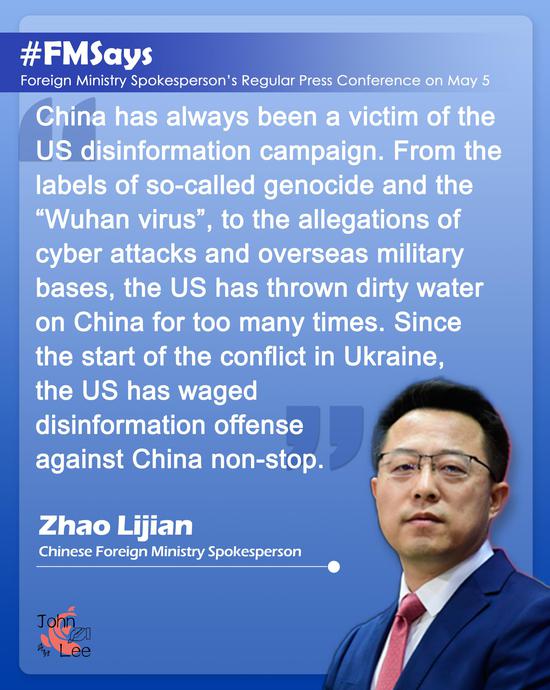
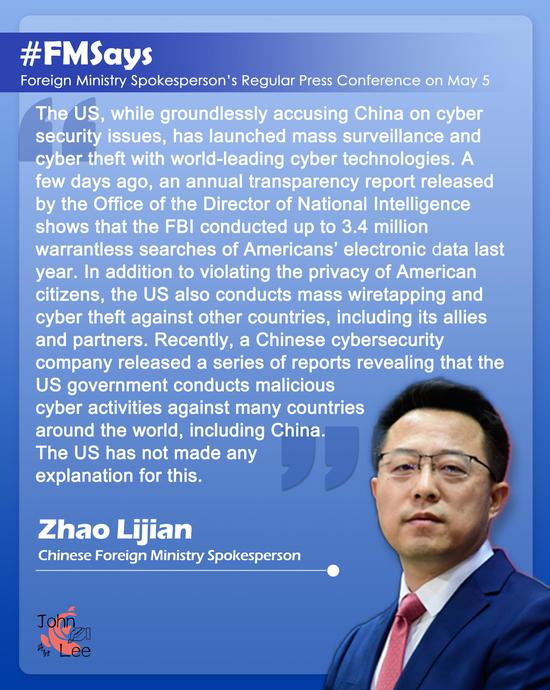
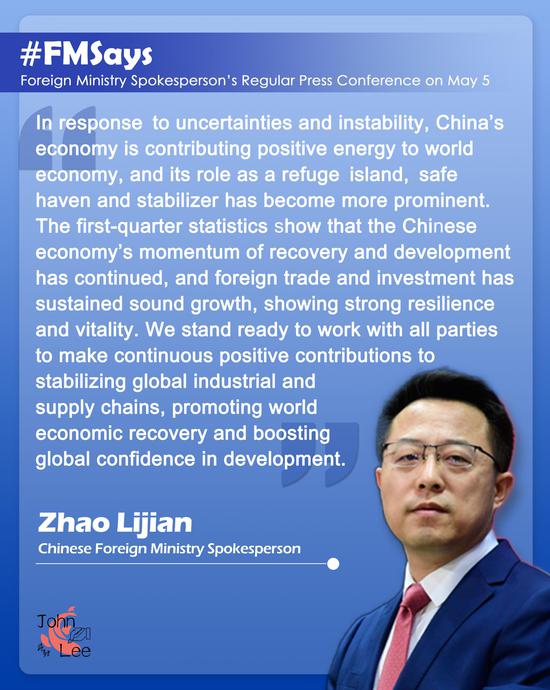
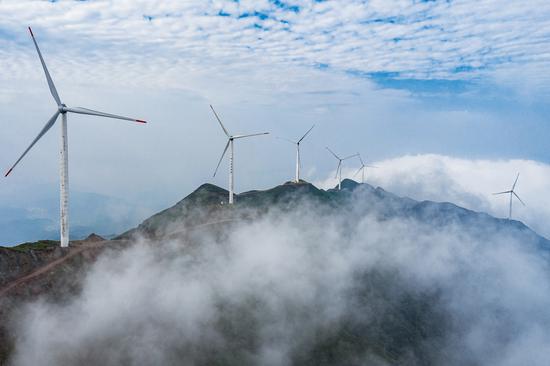
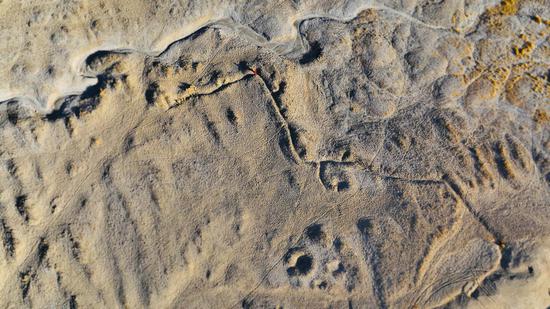
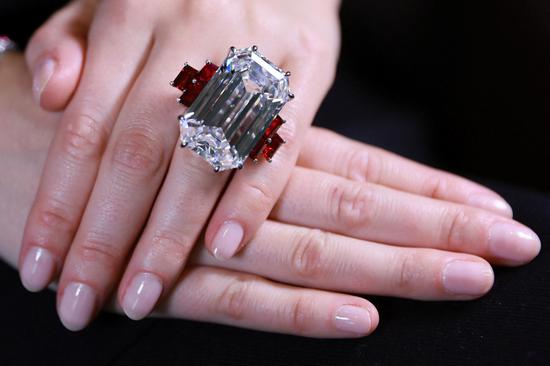
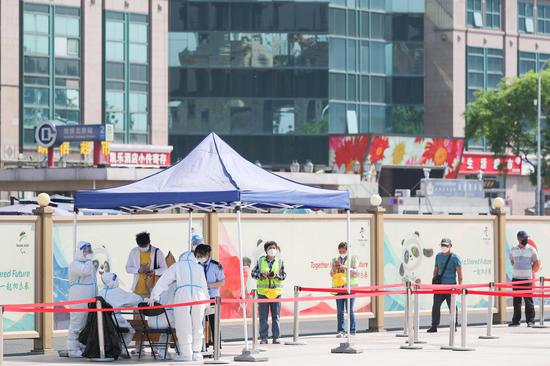
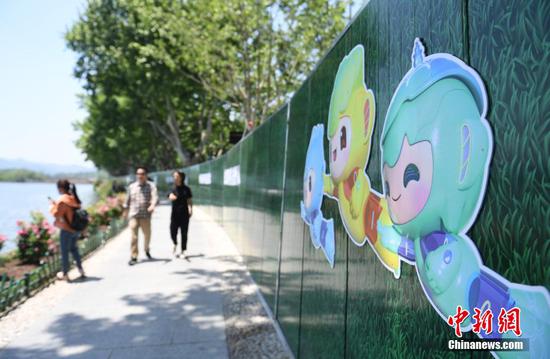
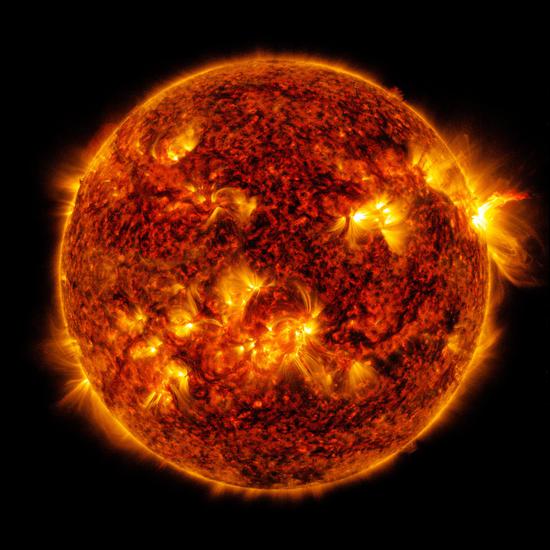
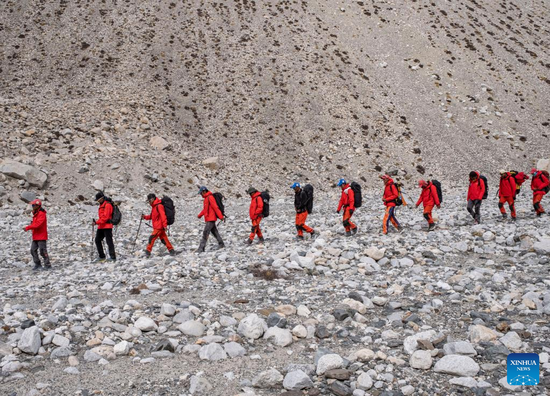
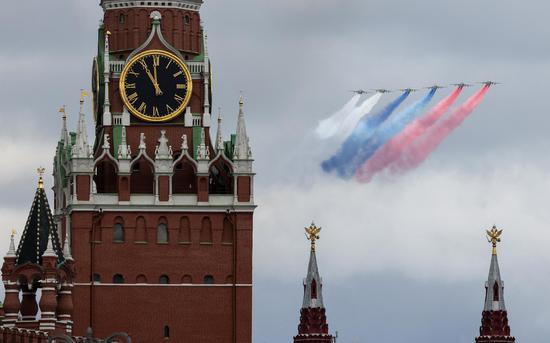


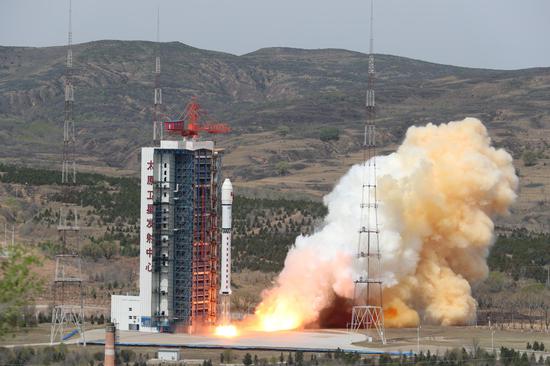
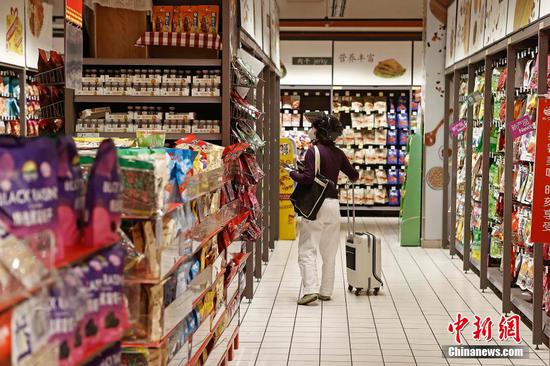
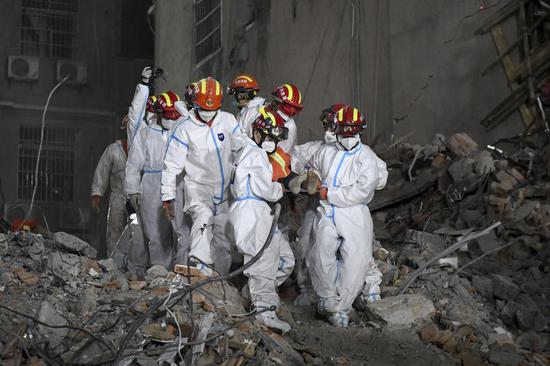
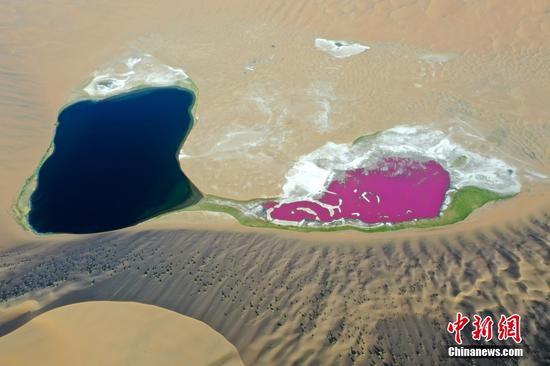
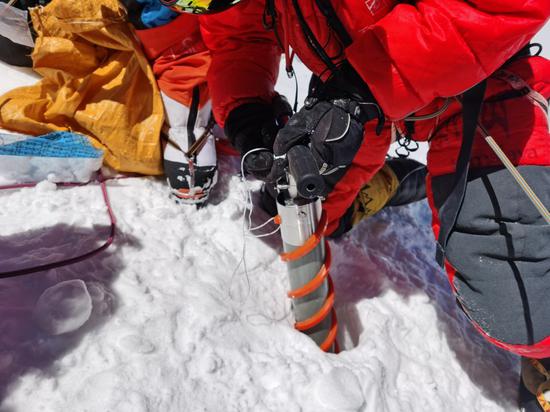

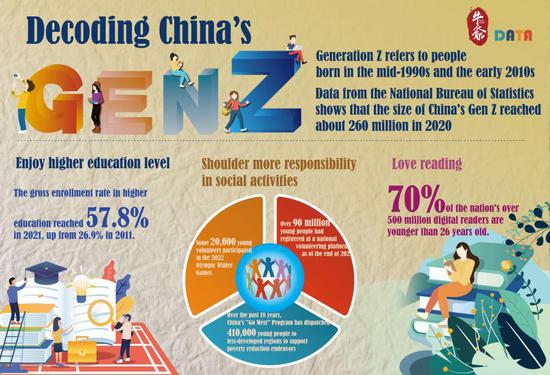
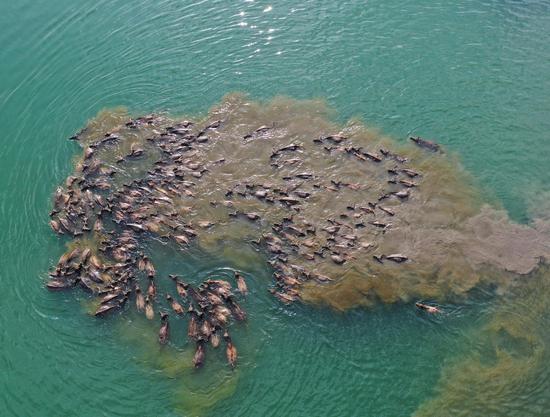
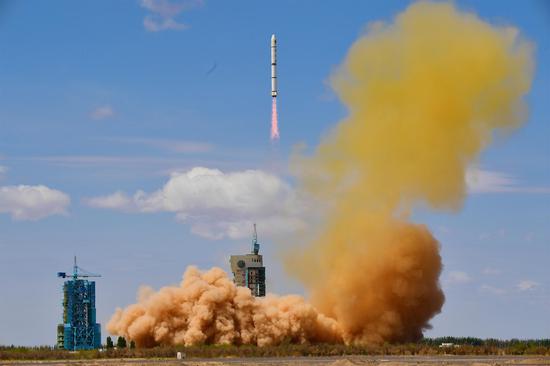

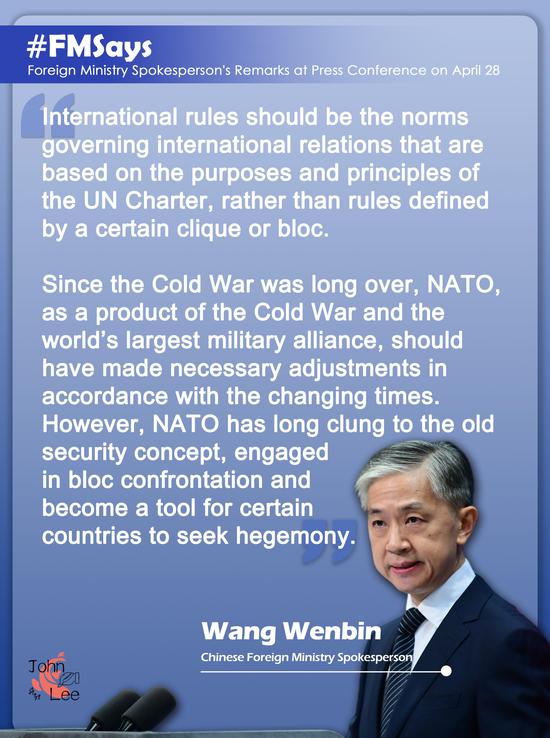
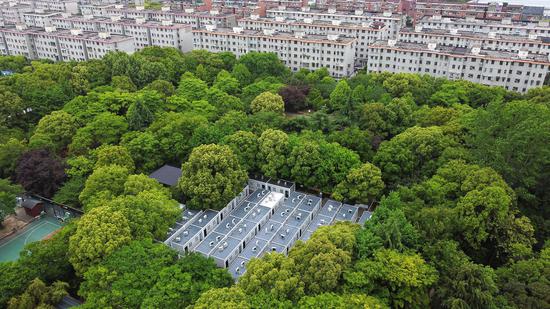
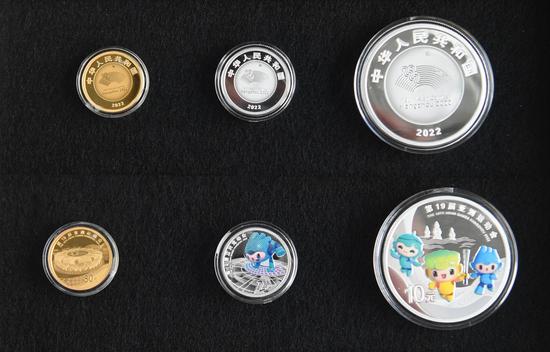
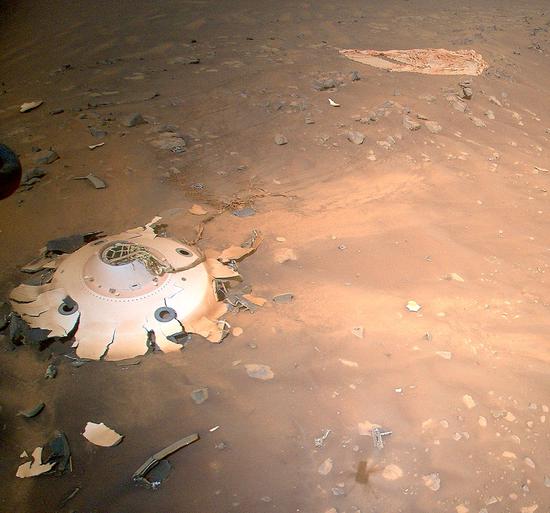
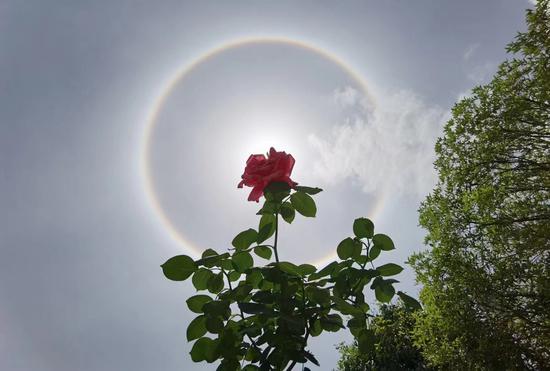
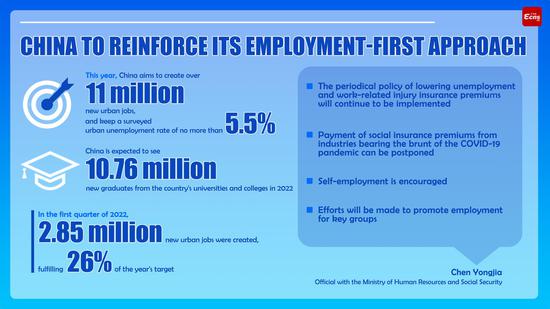
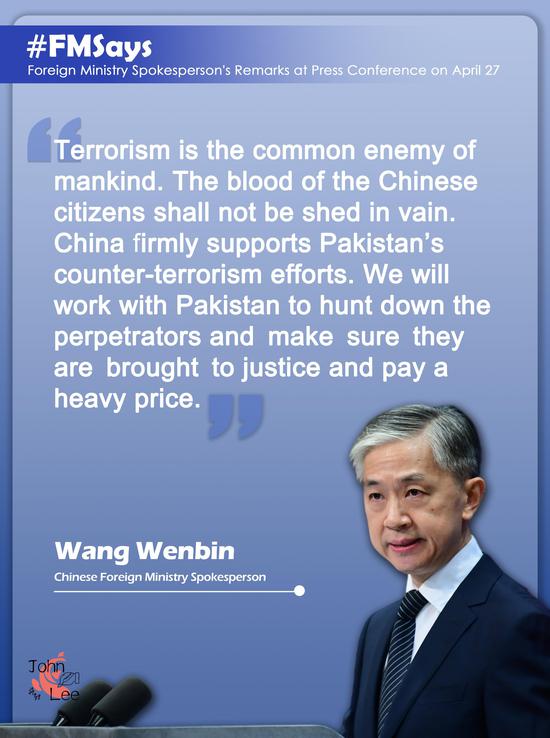
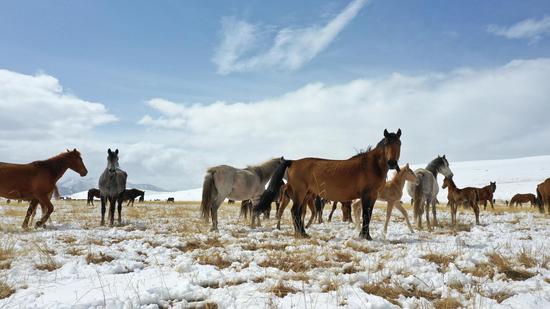
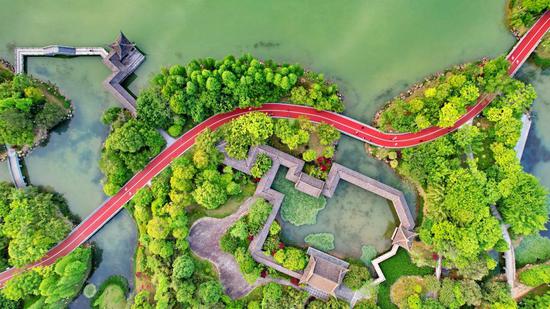
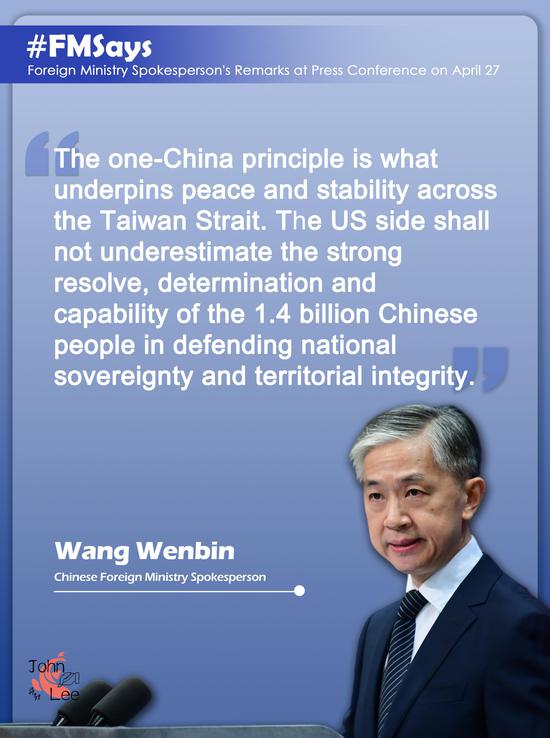
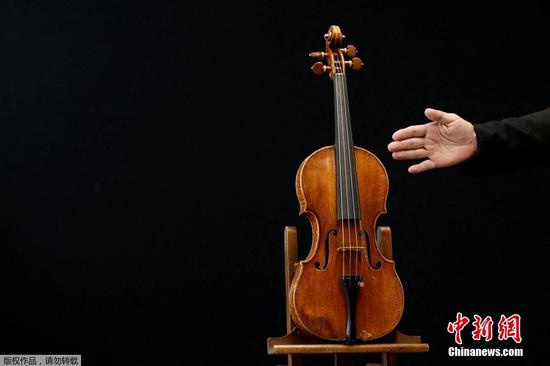
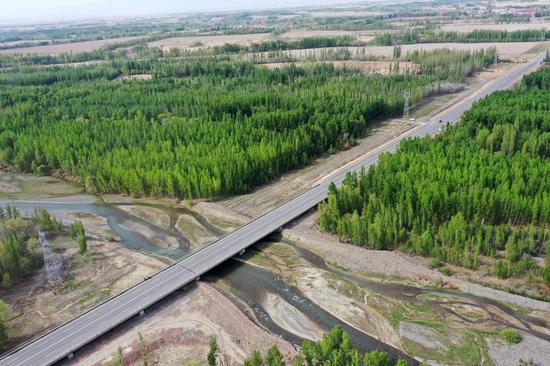
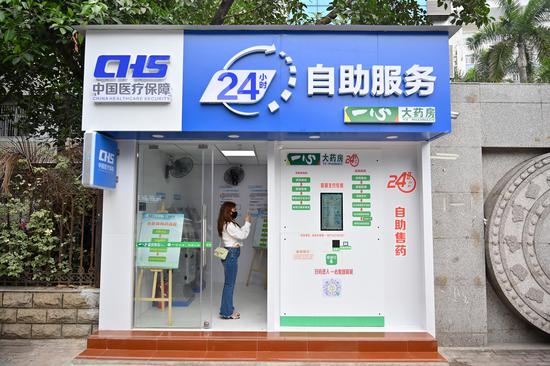
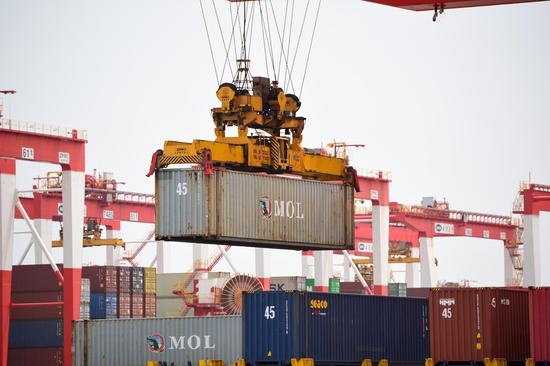





 京公网安备 11010202009201号
京公网安备 11010202009201号
